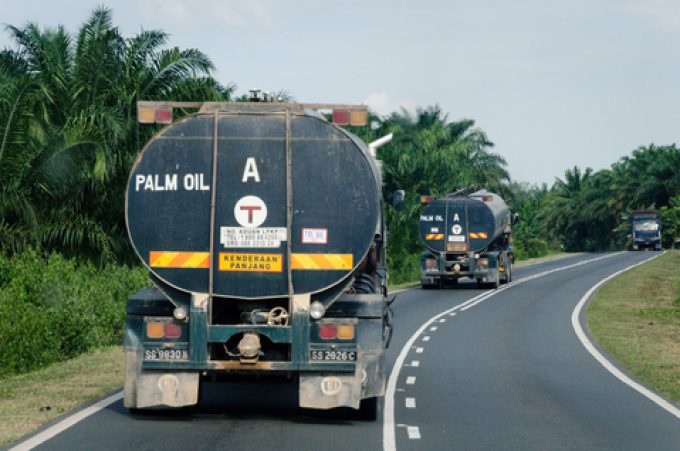Proposal for IMO-controlled shipping decarbonisation fund gains traction
Some 47 governments and industry groups are lobbying the International Maritime Organization (IMO) to implement ...

A new project will allow the buyers of biofuels to check its provenance and ensure it is not made using unsustainable components, such as crop-based biodiesel.
Singapore’s Global Centre for Maritime Decarbonisation (GCMD) has launched an $18m supply chain integrity project after fears that some biofuels are leading to deforestation and worse impacts on the environment.
As the world bunkering capital, the involvement of Singapore in clarifying the biofuel supply chain comes at a key moment, since neighbouring Malaysia is the world ...
Semiconductors could compensate for air freight's lost ecommerce traffic
'It’s healthy competition' Maersk tells forwarders bidding for same business
Transpacific sees first major MSC blanks as rates fall and volumes falter
'Weakened' Maersk paying a heavy price for its lack of fleet growth
US shippers slam USTR port fee plan – 'an apocalypse for trade'
Opposition builds for final hearing on US plan to tax Chinese box ship calls
Despite sourcing shifts, 'don't write-off China', says CMA CGM CCO
Calling all shippers!
Please give us a minute of your time to answer the following questions:

Comment on this article